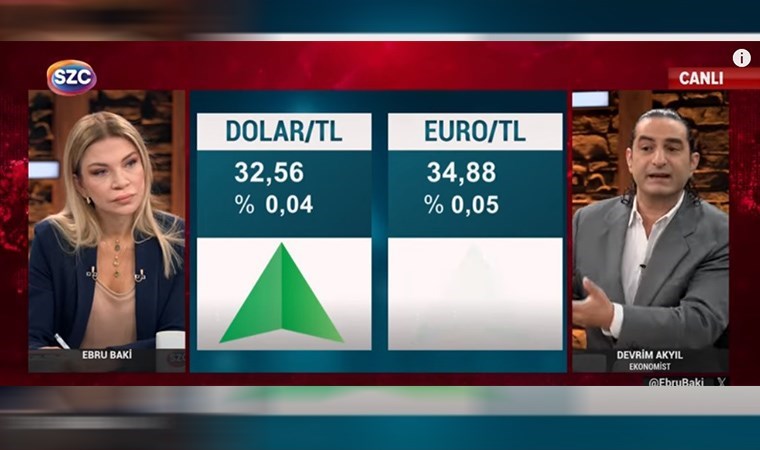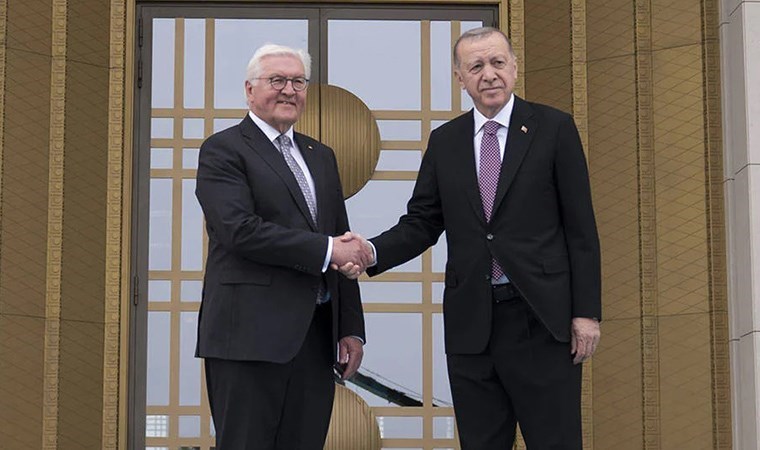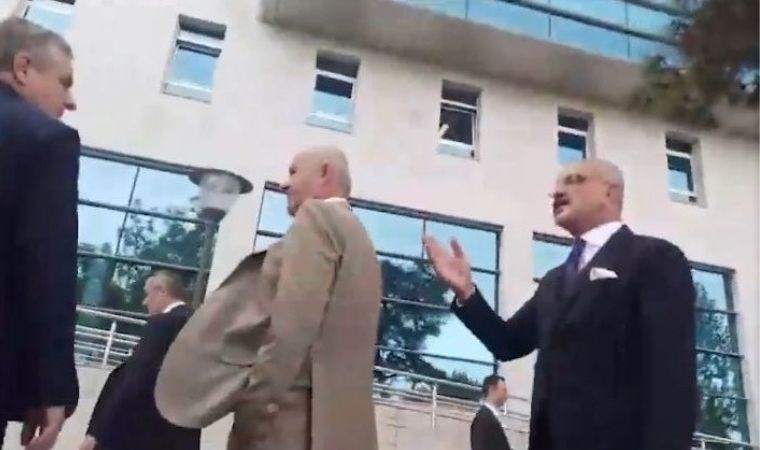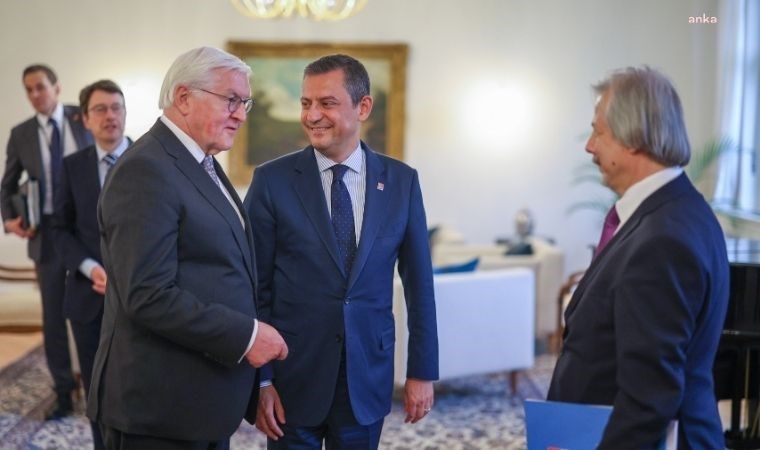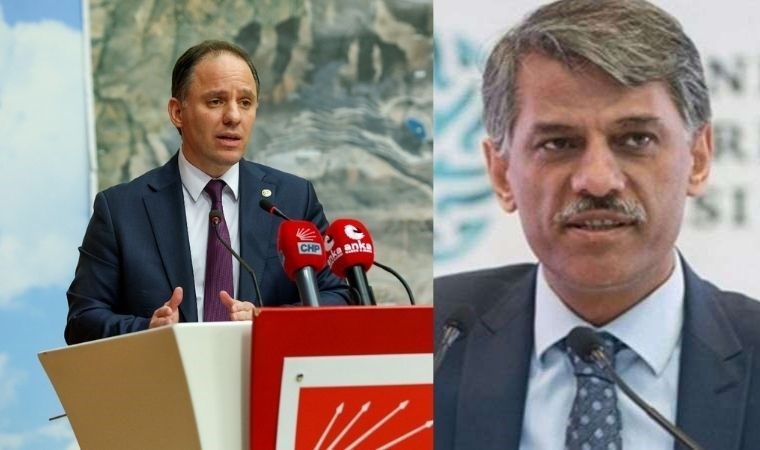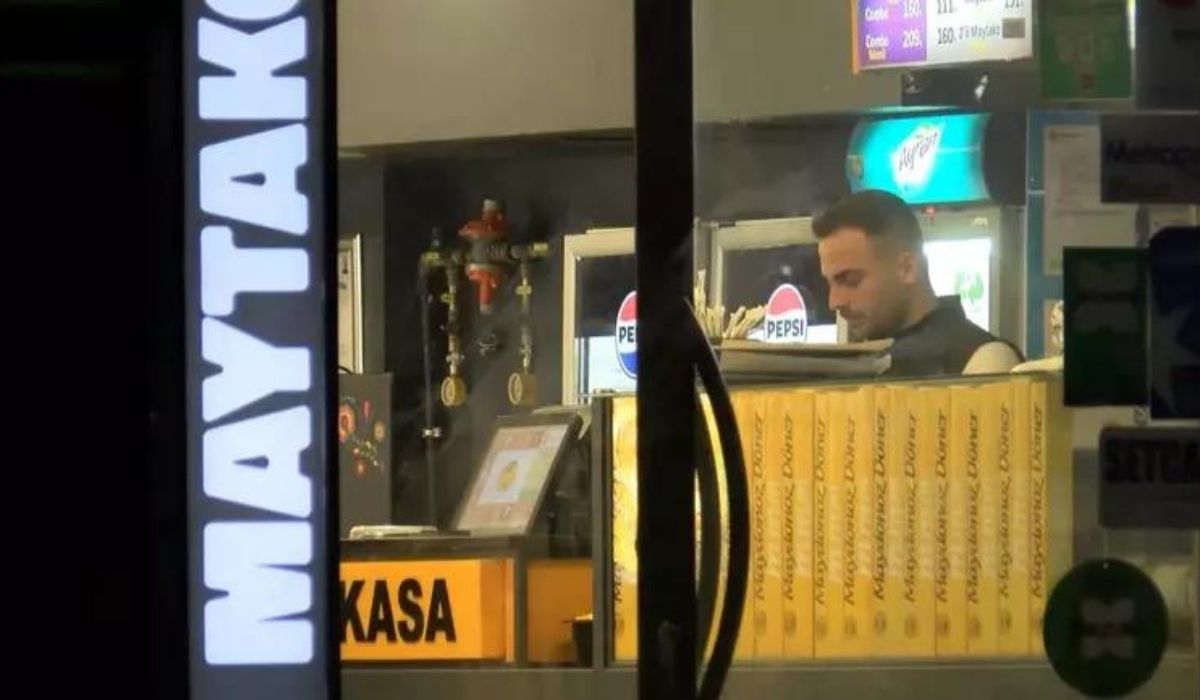A black year beckons in Turkey-US relations
By Kadri Gürsel
Forecasts are coming true in the first days of the year: the crisis in Turkey-US relations will deepen further in 2018. The jury in the “US v. Mehmet Hakan Atilla” trial in the Southern District of New York Federal Court played a catalytic role in aggravating the crisis with the verdict it reached the day before yesterday.
The members of the jury, in finding the sole detained defendant in the trial, former Halkbank Deputy CEO Atilla, guilty of five of six of the counts against him in relation to busting the financial embargo the US had imposed on Iran, took their places in history as minor anonymous actors in this crisis that promises to have destructive effects.
The reaction emanating from Ankara to the jury’s verdict was both harsh and speedy. Harsh criticism of the USA features in four tweets that Deputy Prime-Minister Bekir Bozdağ posted one after the other. Bozdağ wrote in his tweets that the Zarrab trial was a political conspiracy trial, the law was used ostensibly for political benefit, the decision was made in advance and the investigation and prosecution were duly performed so as to proclaim this decision, and this trial provided concrete proof of cooperation between FETO and the CIA, FBI and US judiciary. He also accused the US, without naming it, of “holding terrorist organisations’ halter in its hand.”
Deputy Prime-Minister Bozdağ’s insinuations and the harshness of the style he used in venting them suffice to give an idea of the huge anger and tension that the trial in New York has unleashed in Ankara.
There are also worries, naturally enough. For example, Halkbank stated in an announcement it sent to the Public Disclosure Platform yesterday following the jury’s verdict that their bank was not a party to this trial and absolutely no administrative or financial decision had been taken by the court in question over their bank.
The expression “administrative or financial decision” used in the statement seemingly refers to the imposing of sanctions on the bank. However, the body that is expected to take such a decision is not in fact the American judiciary but the Office of Foreign Assets Control (OFAC) of the US Treasury Department, a body independent of the court.OFAC administers and enforces economic and trade sanctions based on US foreign policy and national security goals against targeted foreign countries and regimes.
The course of the judicial proceedings in New York will influence the likelihood of a hefty fine spoken of in the billions of dollars being imposed on Halkbank. It is common knowledge that the jury’s verdict the day before yesterday was a hugely negative development in this regard.
I attempted in my article entitled, “Why is the USA suing Atilla?” that appeared in this column on 12 December to explain the workings of the US’s logic when it comes to maintaining its unilateral embargo on Iran.
This logic was reflected in the brusque comment by case prosecutor Joon H. Kim following the jury’s verdict. Part of it was as follows:
“Foreign banks and bankers have a choice: You can choose wilfully to help Iran and other sanctioned nations evade U.S. law, or you can choose to be part of the international banking community transacting in U.S. dollars. But you can’t do both.”
I have no way of knowing if OFAC will await Mehmet Hakan Atilla’s ruling hearing on 11 April. But, if the OFAC thinks and decides like prosecutor Kim, this will come at a steep price to our country.
The fine to be imposed on Halkbank will be perceived in Ankara, not in a narrow context as a sanction invited by a breach, but as a new step in the conspiracy aimed at toppling the power structure in Turkey, and this is the way it will be portrayed to public opinion. This sanction will be just the job in the run-up to the election as material for the priming the base by fanning the flames of anti-Americanism and anti-Westernism, and, at the same time, the crisis between Turkey and the USA will grow even deeper.
This, of course, is not the full extent of things.
The YPG and FETO issue between the USA and Turkey is the source of constant irritation and continues to poison relations.
The YPG and FETO are the main factors driving the crisis. There is no guarantee that especially the YPG issue will not grow more serious in 2018.
The S-400 acquisition over which the final signatures have been appended looks set to produce geopolitical and strategic consequences in Turkey’s relations with the USA and the Western alliance in general.
These are the things on the radar screen.
There may of course be things that we are unaware of being unaware of, and should they emerge, we will analyse them.

En Çok Okunan Haberler
-
 'Müzakere edilmez!'
'Müzakere edilmez!'
-
 Canlı yayında 'dolar' tartışması: Tansiyon yükseldi
Canlı yayında 'dolar' tartışması: Tansiyon yükseldi
-
 Erdoğan ve Steinmeier'ın diyaloğu gündem oldu
Erdoğan ve Steinmeier'ın diyaloğu gündem oldu
-
 'Bir milletvekilliğine her şeyi sattın'
'Bir milletvekilliğine her şeyi sattın'
-
 Neler konuşuldu?
Neler konuşuldu?
-
 ‘Haddini bilsin, tepemin tasını attırmasın’
‘Haddini bilsin, tepemin tasını attırmasın’
-
 Mehmet Ali Yılmaz evinde ölü bulundu!
Mehmet Ali Yılmaz evinde ölü bulundu!
-
 CHP’nin yükselişi sürüyor
CHP’nin yükselişi sürüyor
-
 Mehmet Ali Yılmaz'ın ailesinden açıklama
Mehmet Ali Yılmaz'ın ailesinden açıklama
-
 'AK Partili bakan yardımcısının toplam maaşı...'
'AK Partili bakan yardımcısının toplam maaşı...'

